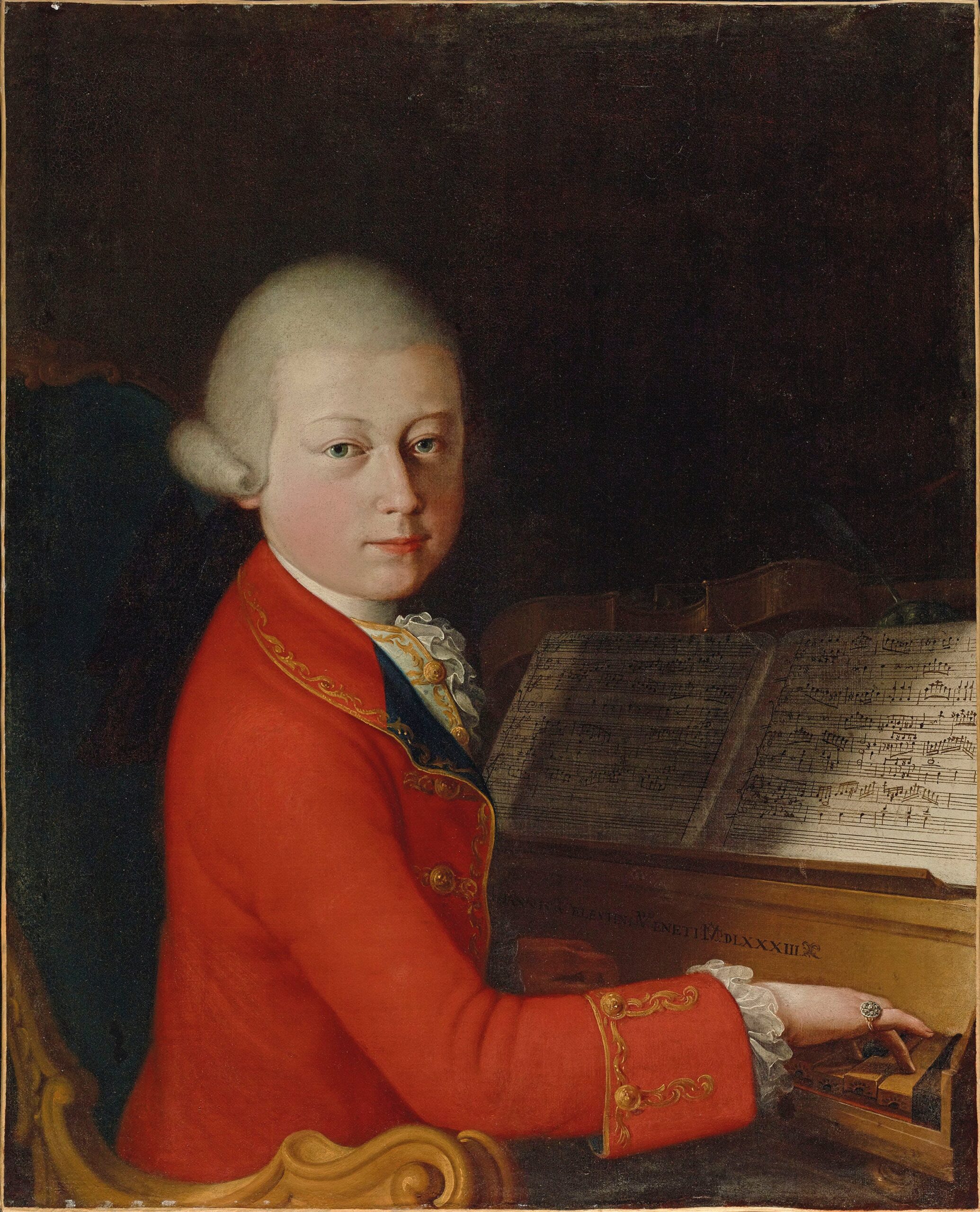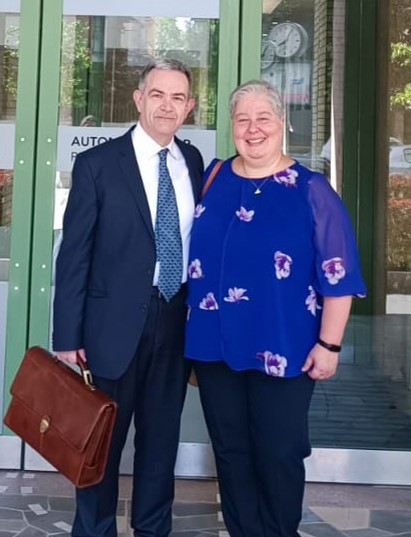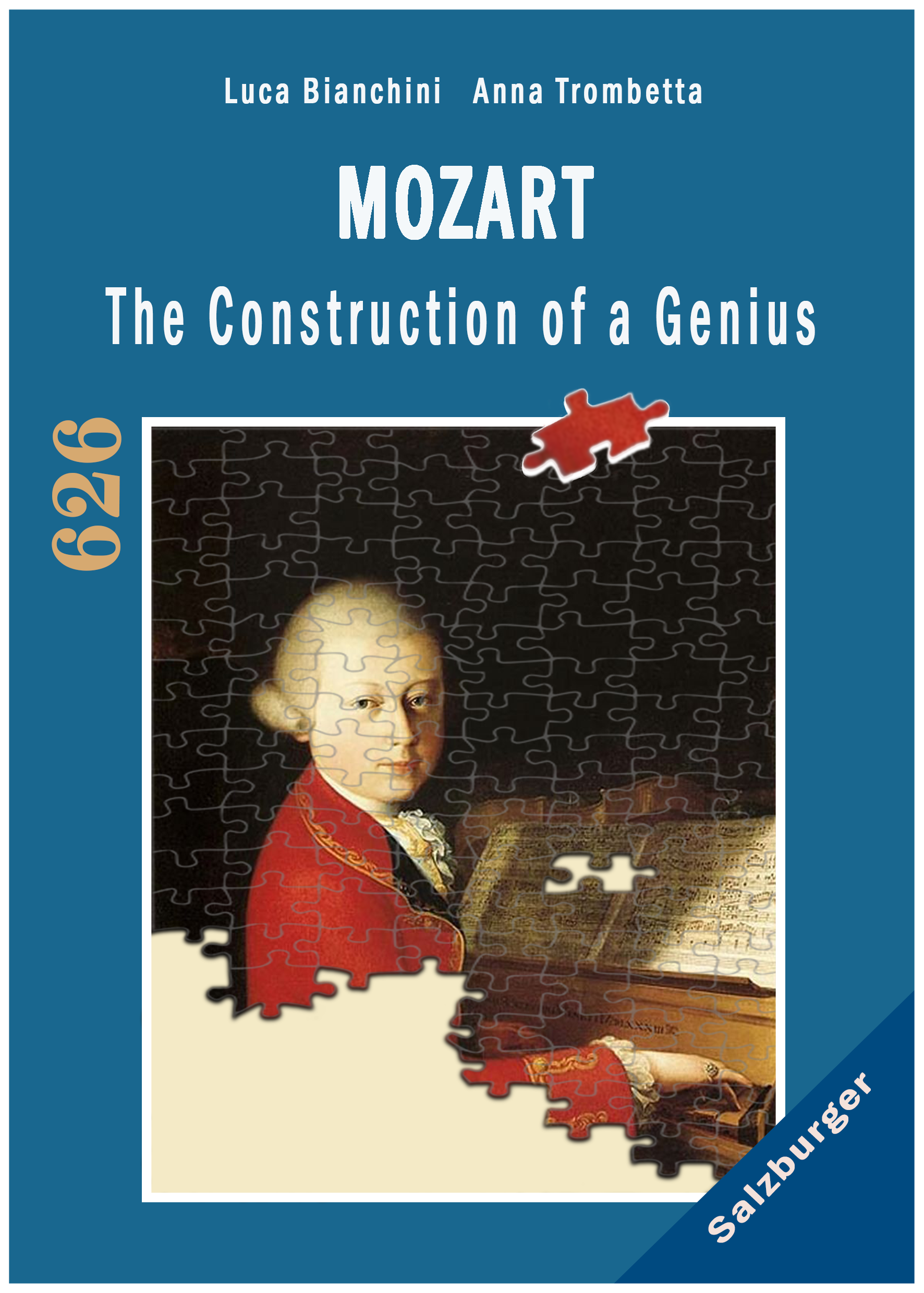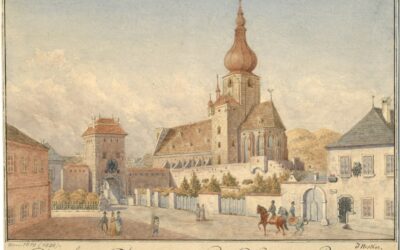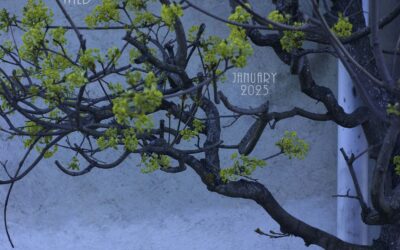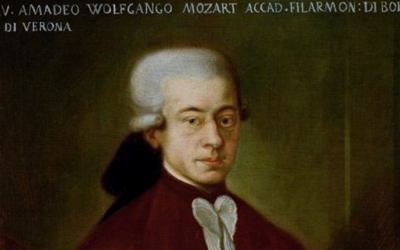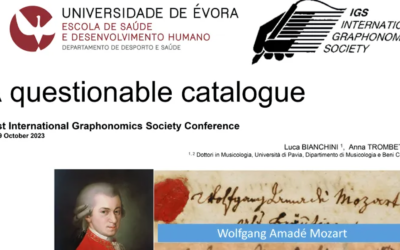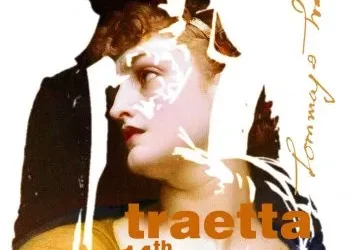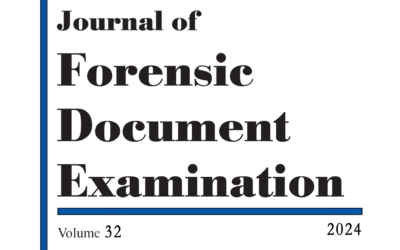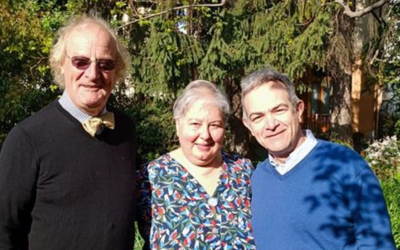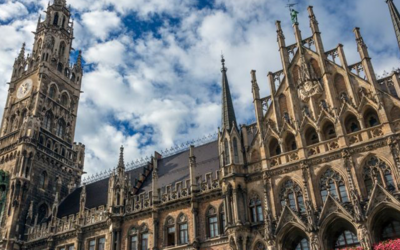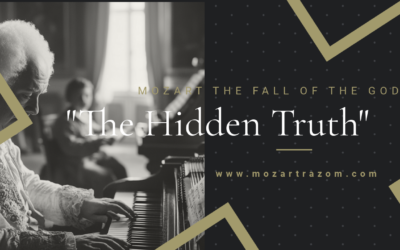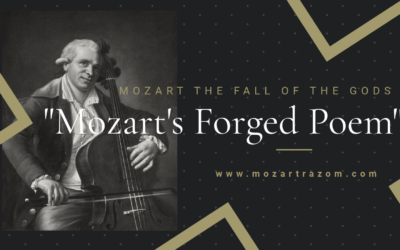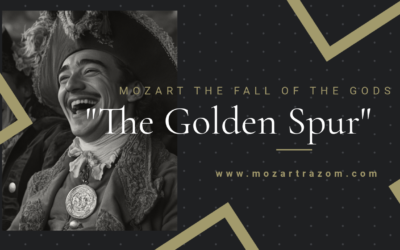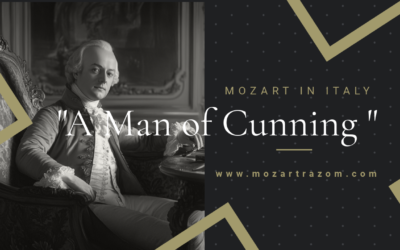the deconstruction of a myth
Mozart in Reverse
In the introduction to Mozart’s biography, penned by Constanze Mozart’s second husband, Nissen, it is surprisingly asserted that it’s preferable to conceal the truth, lest Mozart’s image be tarnished.
One does not want, nor can one publicly show their hero as he presented himself in the shadow of privacy; if he could be questioned, he himself would hardly admit it. He was and remains the master of his words, which he could have left unwritten and which he only wrote for the person with whom he wanted to confide. He had weaknesses, shortcomings, which he partly improved later and which one will not have the occasion to reveal. Through the whole truth, his fame, his esteem, and the impression of his works may be damaged.
Ultimately, we don’t believe in hiding the truth, and so we let the primary sources speak.
Who We Are
MozartrazoM is a project by musicologists Luca Bianchini and Anna Trombetta.
The site aims to challenge the traditional narratives surrounding Mozart and his family, offering a critical and often controversial perspective that contrasts with the mainstream glorification of the composer.
In addition, these pages also host some of the finest musicological and critical contributions from other authors who refuse to tell fairy tales and are dedicated to seeking the truth by rigorously investigating the sources.
L.Bianchini & A.Trombetta
Latest Articles
Constanze Mozart in Baden bei Wien
In the summer of 1791, Constanze Mozart sought refuge in Baden bei Wien to recover her health, while Mozart struggled with debts and distance. Behind the healing baths lay tensions—her growing bond with Süssmayr, suspicions, and letters full of longing. Brockmeyer’s account uncovers Constanze’s final summer with Mozart: a world of loss, resilience, and the end of innocence on the eve of tragedy.
The Echo of the Pummerin Bell
The powerful resonance of the Pummerin bell in Vienna may have influenced Mozart’s compositions, particularly Sarastro’s arias in The Magic Flute.
The Hidden Influence of Joseph Boulogne, Chevalier de Saint-George
Joseph Boulogne, known as the “Black Mozart”, was shaping the future of music while Mozart was still struggling for recognition in Paris. But history has buried the significant influence Saint-George had on Mozart’s career, erasing his pioneering style from the narrative.
The Forgotten Viennese Quartets
Attributing Offertorium K.34 to Mozart is not just misleading, it reflects the careless methods used by 19th-century scholars to inflate his legacy. Without an autograph or solid evidence, this work should not be considered part of his output.”
Mozart’s Bassoon Concerto: A Question of Authorship
The Bassoon Concerto K.191 raises more questions than it answers. Long thought to have been composed for a Munich bassoonist, new evidence suggests Mozart had no clear performer in mind. The concerto’s disjointed movements and other dubious compositions attributed to Mozart add further complexity to his legacy
The Uncertain Origins of Mozart’s Early String Quartets
Mozart’s so-called “Milanese Quartets” (K.155, 158, and 159) have long been subject to debate, primarily due to their ambiguous instrumentation and structural weaknesses. Were these works part of a larger series of orchestral divertimenti, hastily repurposed as string quartets? The answer remains elusive, reflecting the young composer’s struggles to find his own voice.
Events
A Revealing New Interview on His Thematic Catalogue
We’re excited to present a brand-new interview that challenges many of the long-held assumptions about Mozart’s Thematic Catalogue (1784–1791). Conducted by Swedish journalist Henry Grynnsten, this conversation delves into groundbreaking forensic techniques—like advanced ink analysis and digital image processing—that may change the way we view Mozart’s late works.
The Mozart Question
In this revealing interview, we delve into the lesser-known aspects of Wolfgang Amadeus Mozart’s life, challenging the long-standing myth of his genius. A Swedish journalist explores how Mozart’s legacy has been shaped and manipulated over time, shedding light on the crucial role played by his father, Leopold, in crafting the career of the famed composer.
Mozart’s Thematic Catalogue Exposed as a Forgery
A groundbreaking forensic analysis reveals that Mozart’s thematic catalogue, long thought to be his own work, is a posthumous forgery. This discovery, detailed in Mozart: The Construction of a Genius, turns centuries of Mozart scholarship on its head, demanding a re-examination of his legacy.
Bologna Connections
Quirino Gasparini’s rediscovered Mitridate aria takes centre stage in Bern and Basel, shedding light on Mozart’s reliance on this forgotten composer.
International Traetta Award
We are thrilled to announce that the 14th International Traetta Award has been bestowed upon Anna Trombetta and Luca Bianchini. This prestigious recognition honours their outstanding dedication to musicological research on primary sources of the European musical repertoire, offering significant contributions to reshaping the historiography of 18th-century music.
Unveiling the Truth Behind Mozart’s Thematic Catalogue
Anna Trombetta, Professor Martin W. B. Jarvis from Charles Darwin University, and Luca Bianchini, have published a peer-reviewed article titled Unveiling a New Sophisticated Ink Analysis Technique, and Digital Image Processing: A Forensic Examination of Mozart’s Thematic Catalogue. This research, which underwent an extensive double-blind peer review, has appeared in a journal that serves as a global reference point for forensic document examiners and court specialists.
Australian Scholars Confirm Our Findings on Mozart’s Forged Catalogue
Professor Martin Jarvis of Darwin University confirmed our long-held findings that Mozart’s personal catalogue is a forgery, during his recent lecture The Mozart Scam. Forensic analysis continues to unravel the myths surrounding Mozart’s legacy.
A Revolutionary Encounter at Cremona Musica
Sharing insights on Mozart and the Neapolitan school at Cremona Musica, the premier global stage for music and culture.
The Return of Gatti’s Aria
In the magnificent Max Joseph Hall of the Residenz München, tenor Daniel Behle performed the aria “Puoi vantar le tue ritorte” by Luigi Gatti, taken from his opera Nitteti. This concertante piece, for which we composed the cadenzas, was brought to life by the Salzburger Hofmusik orchestra under the direction of Wolfgang Brunner.
In the Spotlight
#2 The Hidden Truth of Mozart’s Education
In this video, we uncover the hidden truth behind Wolfgang Amadeus Mozart’s early education and challenge the long-held belief in his effortless genius. While history often celebrates Mozart as a child prodigy, effortlessly composing music from a young age, the reality is far more complex.
#3 Leopold Mozart’s Literary Theft
Hidden within the Mozarteum’s archives lies a poem that has long been hailed as a tribute to the young Mozart children. But behind this innocent façade is a story of deception, literary theft, and one father’s ambition to rewrite history.
#4 The Golden Spur
While often portrayed as a prestigious award, the Golden Spur (Speron d’Oro) granted to Mozart in 1770 was far from a reflection of his musical genius. In this article, we delve into the true story behind this now-forgotten honour, its loss of value, and the role of Leopold Mozart’s ambitions in securing it.
#1 A Man of Cunning
In the end, Leopold Mozart’s life was a testament to survival in a world where his talents were often overshadowed by those of his more gifted contemporaries and his own son. While his “Violinschule” remains a notable contribution to music pedagogy, it is clear that Leopold’s legacy is as much about his ability to navigate the challenges of his time as it is about his musical achievements. His story is one of ambition, adaptation, and the lengths to which one man would go to secure his place in history, even if that place was built on borrowed foundations.
@MozartrazoM
What Experts Say
Martin Jarvis
professor
I am delighted that our research has provided evidence to support the proposition, made by Luca Bianchini and Anna Trombetta, that the Thematic Catalogue is not what it purports to be; we have concluded that it is a counterfeit document.
Alberto Basso
musicologist
In this field, driven by the enthusiasm of those who explore new worlds and are aware of the uncommon value of their work, the discoverers of that score, Anna Trombetta and Luca Bianchini, embarked on a broad-ranging research journey.
Edoardo Catemario
concert artist
With Mozart: The Fall of the Gods, you have completely changed my way of thinking
Roberto Piana
professor
What a fantastic evening! I was once again impressed by the deep expertise of Luca Bianchini and Anna Trombetta, and by their remarkable ability to clarify and simplify some of the most delicate and complex aspects of the Mozart story.
Roberto Piana
professor
I consider Bianchini and Trombetta among the most skilled and courageous truth-seekers in the field.

* By submitting this form, you agree to the processing of your personal data as described in our Privacy Policy

